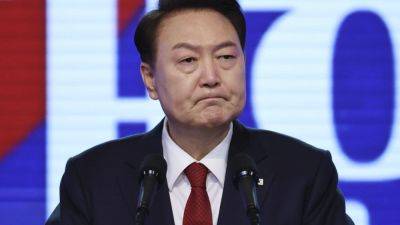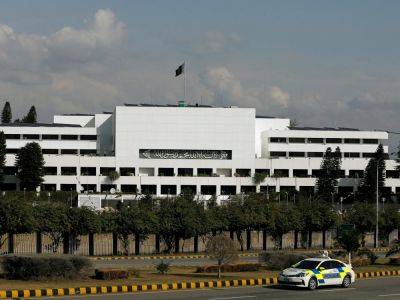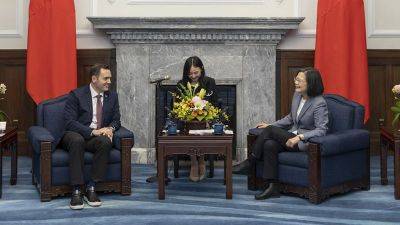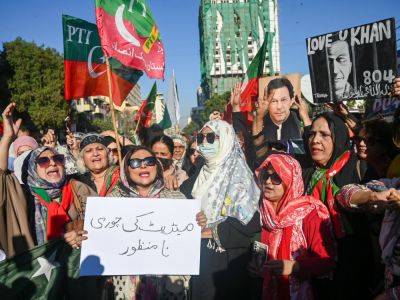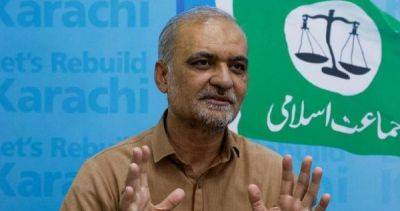Pakistan’s election results a wake-up call for its power-hungry military
“In almost pendulum-like fashion, it appears the military has gone from governorship back to guardianship,” wrote expert Aqil Shah in his book The Army and Democracy. The military has justified its interventions by claiming to be saviours against corrupt civilians.
However, the real motive has been to protect the military’s privileged position and massive business interests, estimated to be worth over US$100 billion, or more than a quarter of Pakistan’s gross domestic product.
04:22
Pakistan’s history of jailed leaders
Khan’s relationship with the generals turned adversarial after he became prime minister and disagreed with them on key domestic and foreign policies. He later claimed he was pressured by then army chief General Qamar Javed Bajwa to realign policies as desired by the military brass.
Khan resisted the military’s assertive control and blamed it for conspiring with the US to orchestrate his removal. The incensed military-intelligence complex responded by cutting off his support and building bridges with political opponents instead.
02:06
Supporters rally behind former Pakistani prime minister Imran Khan’s call for snap polls
The move to force him into submission backfired badly. Outraged PTI supporters attacked security forces and government buildings after their leader’s arrest.
Shehbaz Sharif of the PML-N party is expected to be the nominee for Pakistan’s next prime minister, and backchannel talks are surely under way about cabinet portfolios. This political marriage between unlikely partners is driven by the necessity of keeping Khan out of power. While both parties failed to garner enough seats on their own, together they have the minimum threshold to form a government.
An alliance out of necessity rather than


